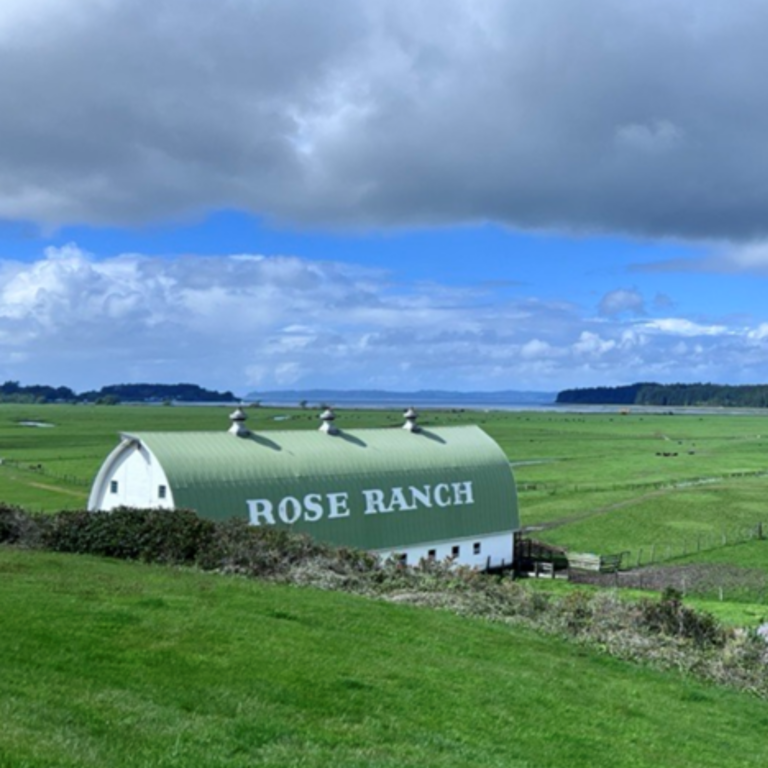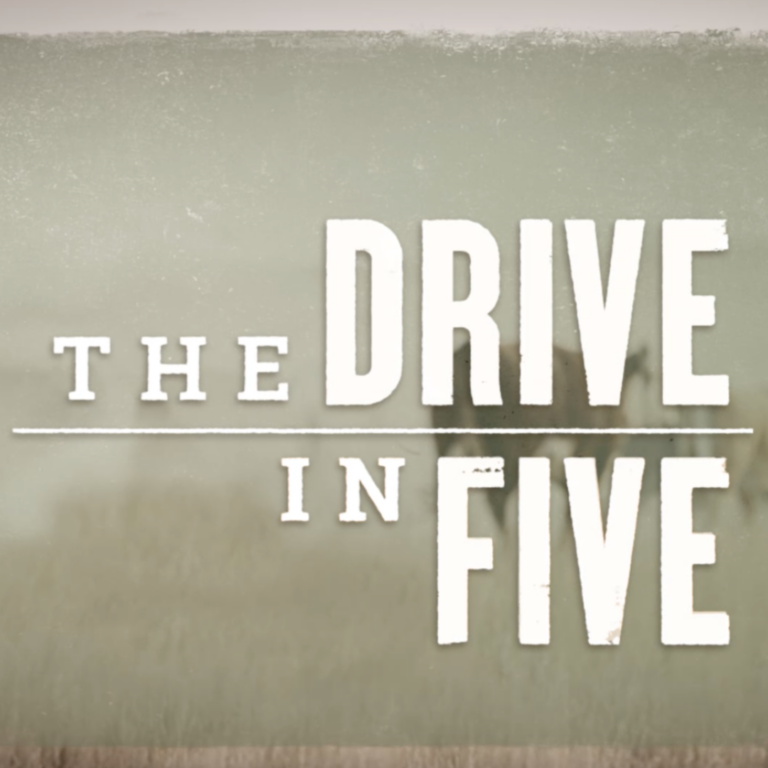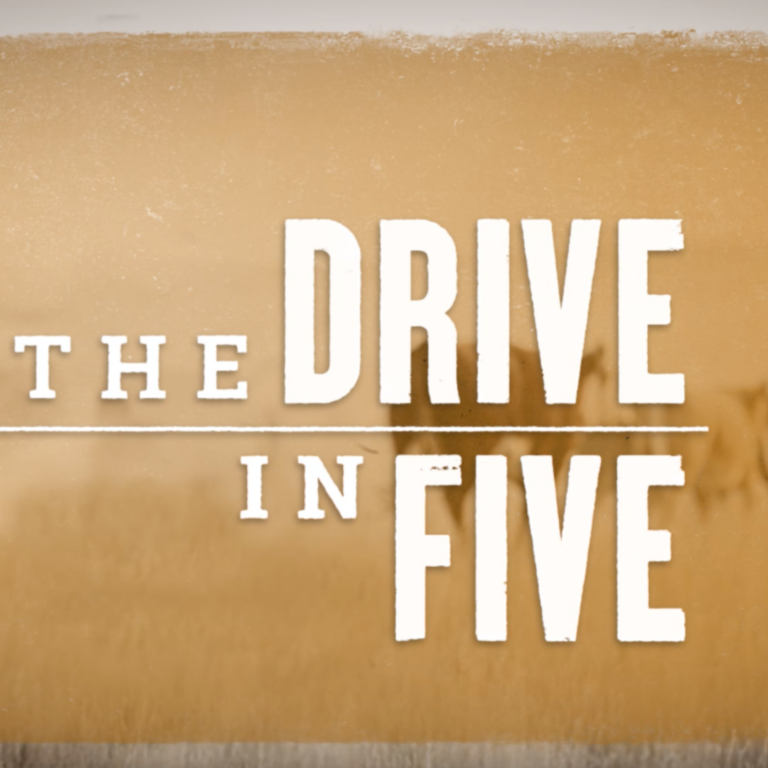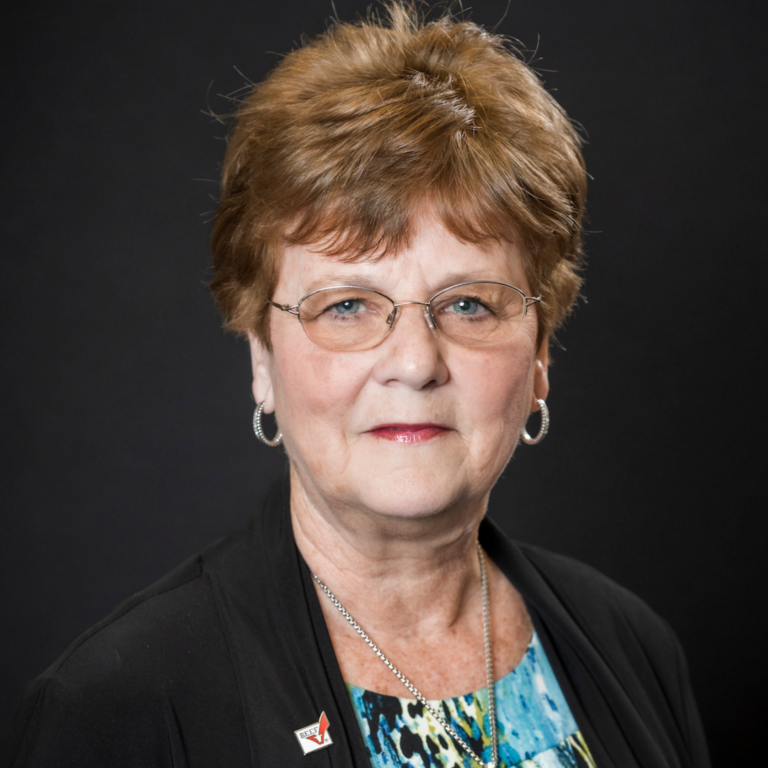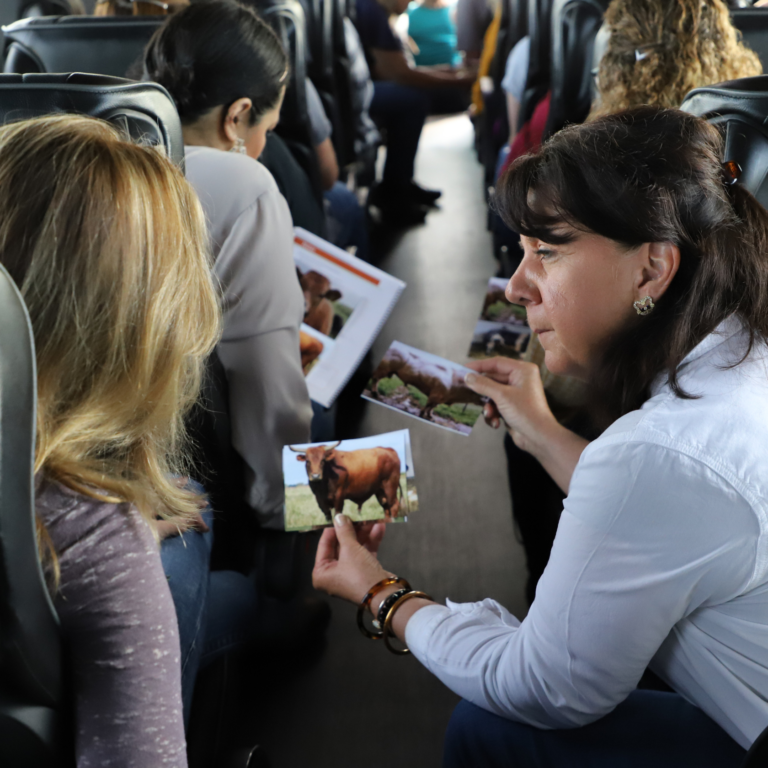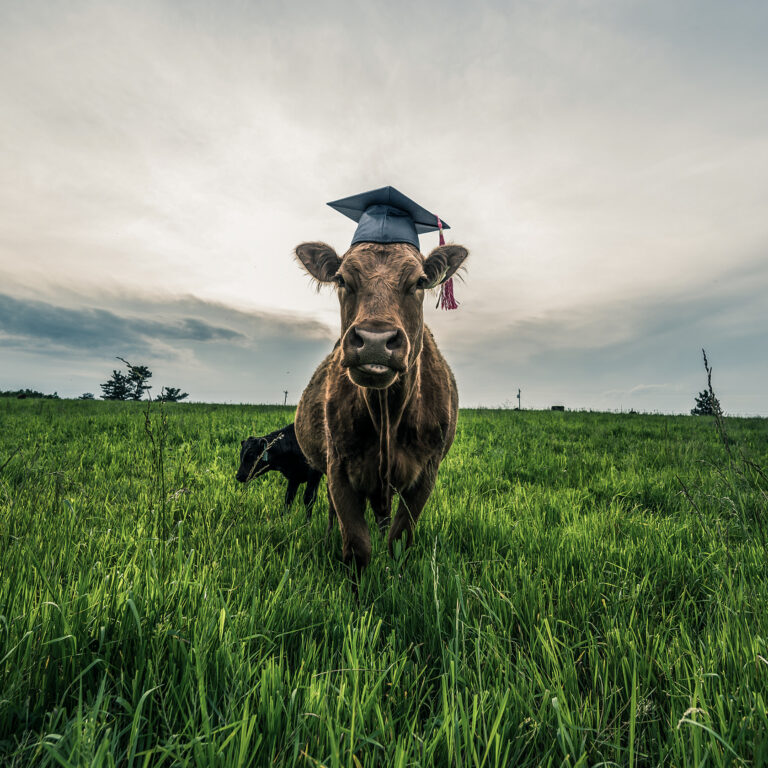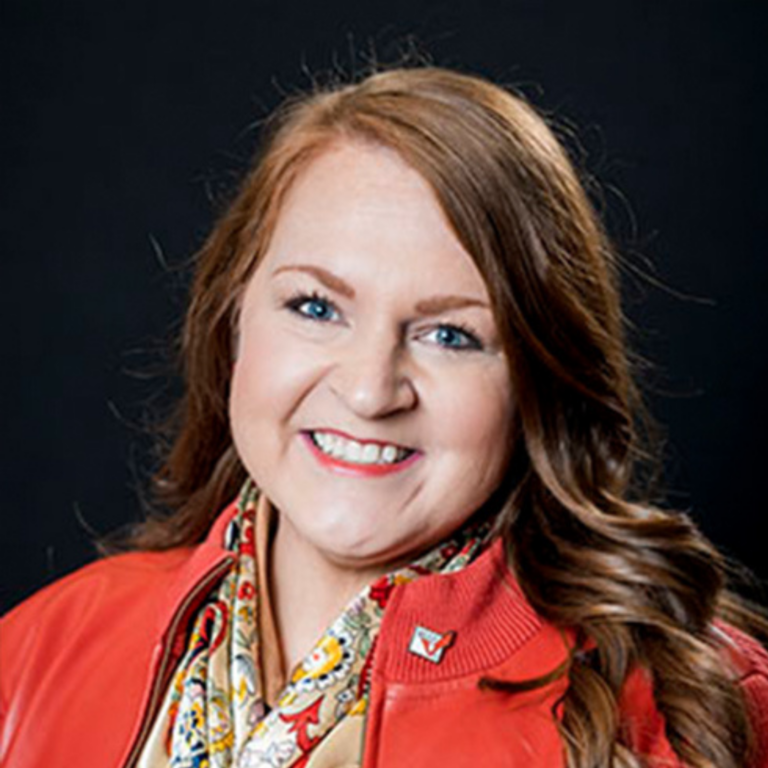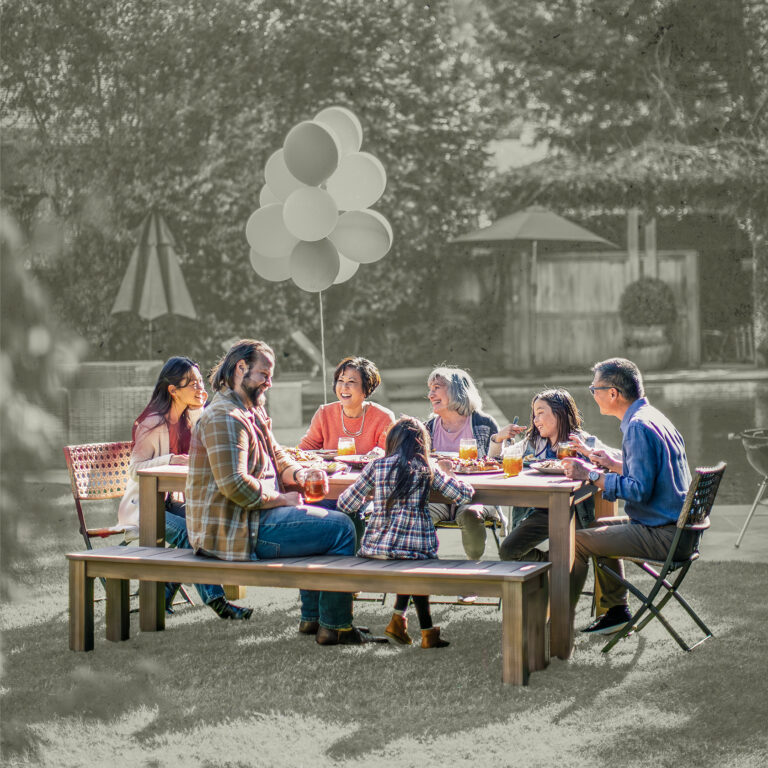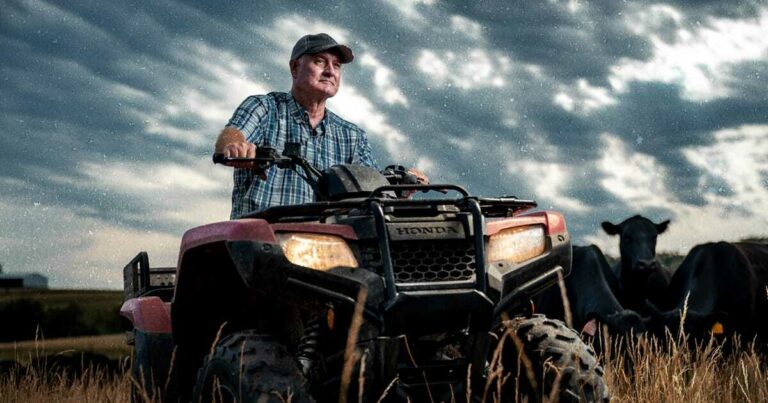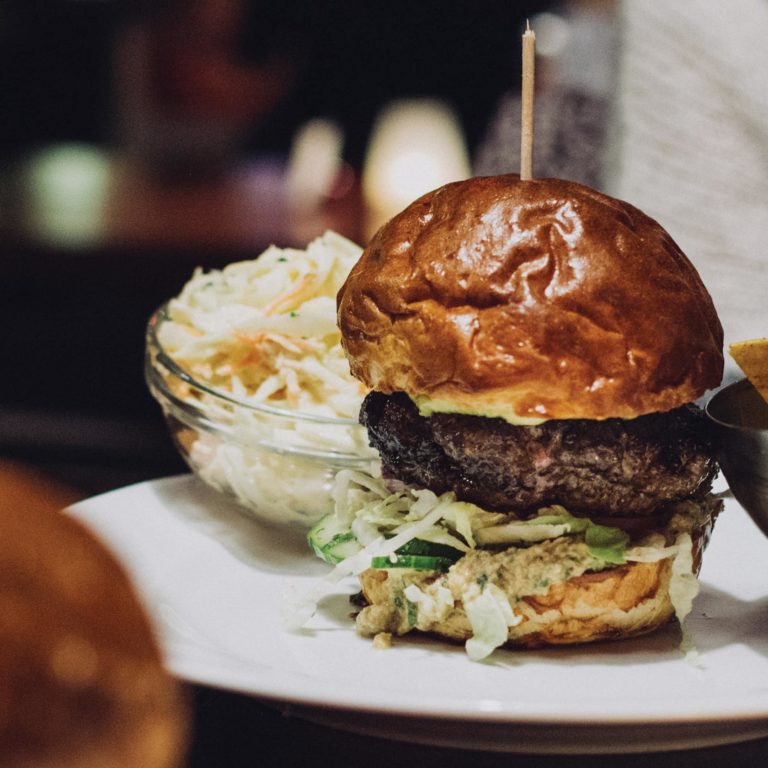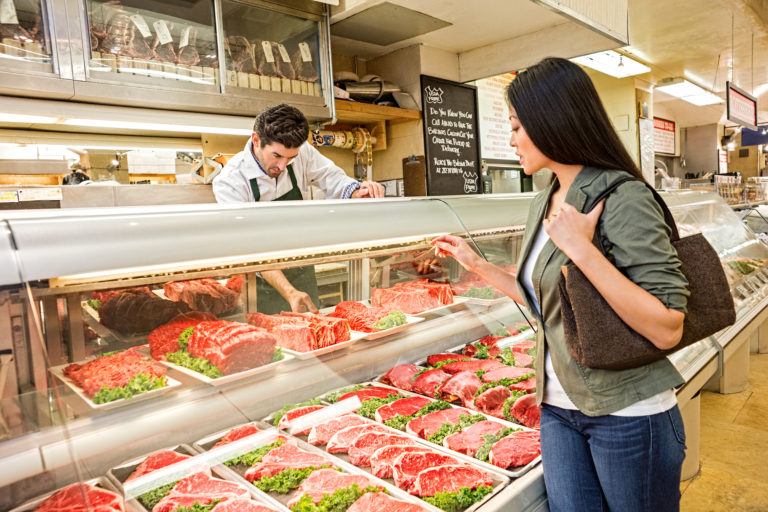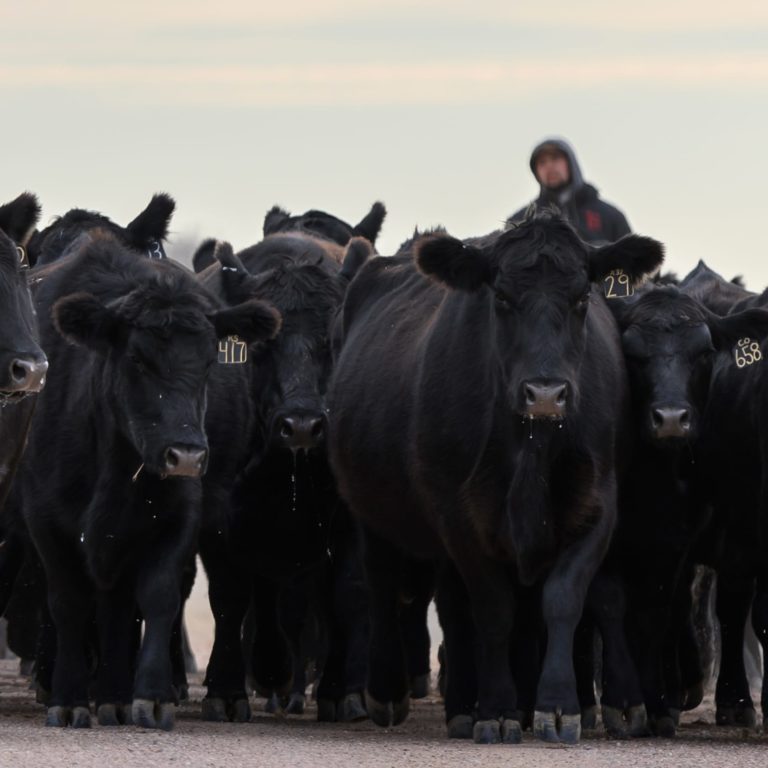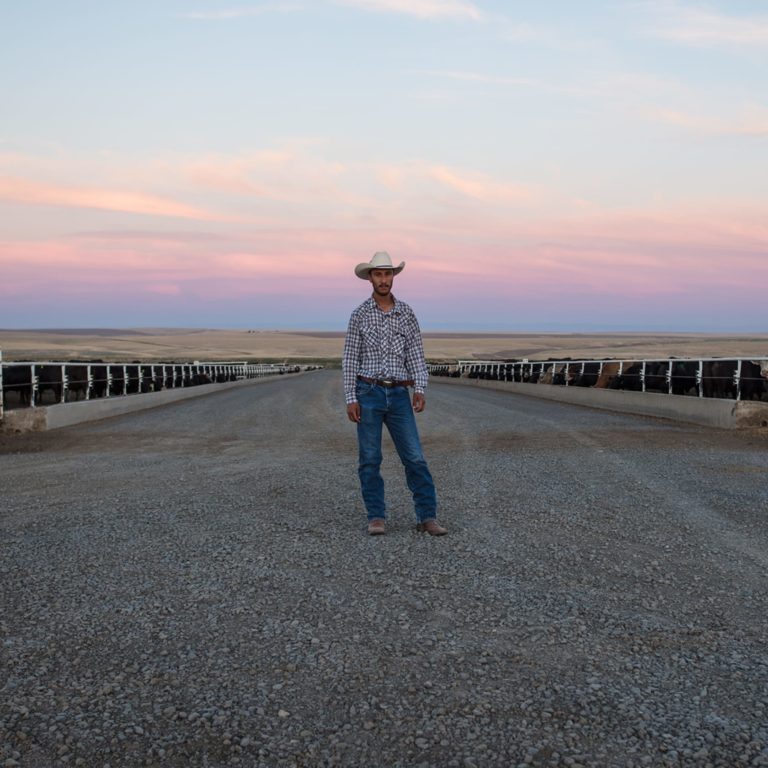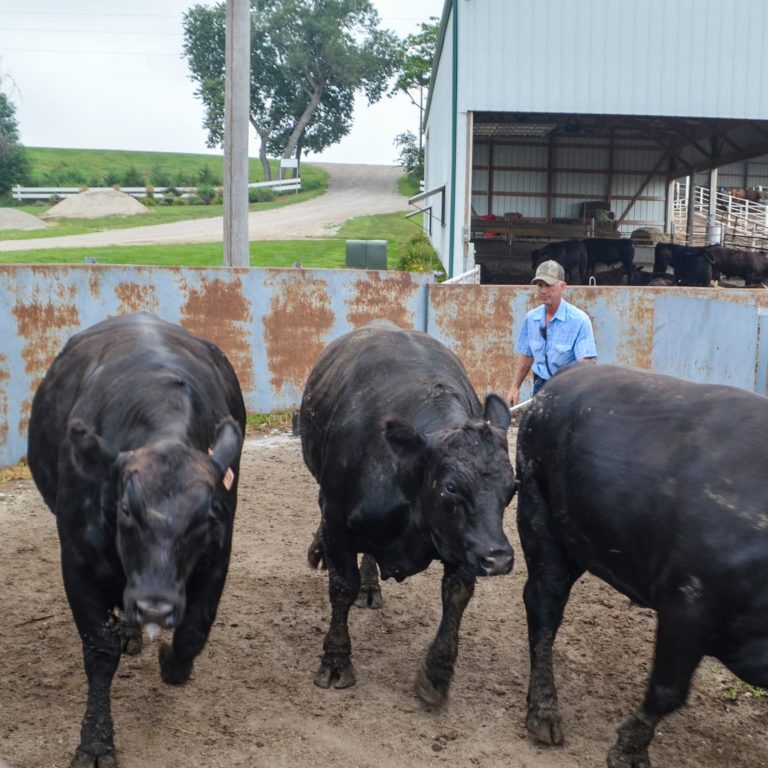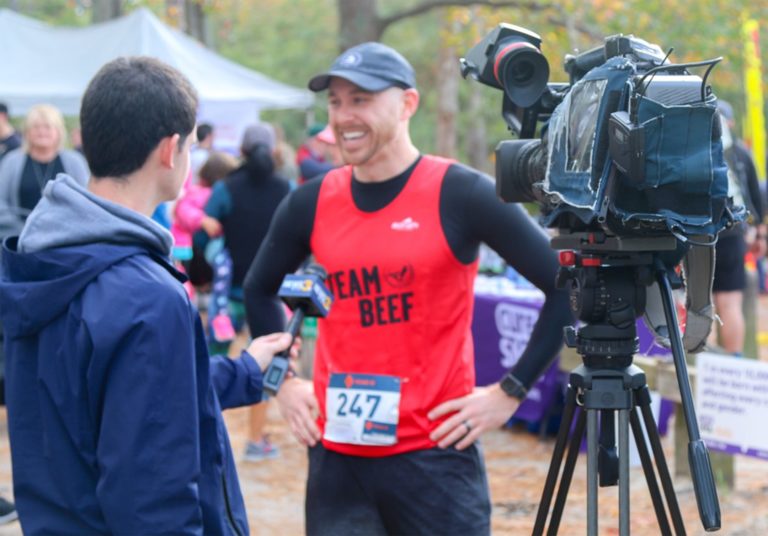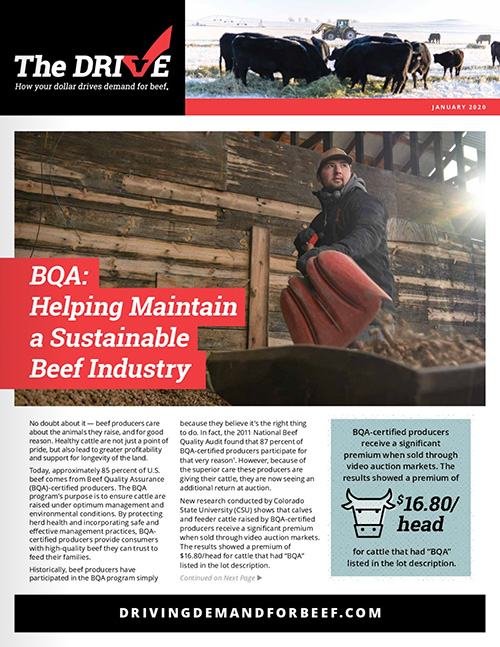Teaching the Teachers: Beef in Education
To get beef into classrooms, the American Farm Bureau Foundation for Agriculture (AFBFA), a contractor to the Beef Checkoff, engages with teachers across the country to integrate beef curriculum into their lesson plans. AFBFA keeps teachers involved and puts beef top-of-mind in the classroom through in-person farm tours, virtual webinars and so much more.
In-Person Farm Tours
Over the summer, 33 biology teachers and curriculum administrators participated in an On The Farm STEM event where they visited Tennessee ranches. During the event, educators worked alongside beef producers and extension education professionals to develop a potential high school curriculum around genetics, grazing, biodiversity, meat science and reproduction. “The teachers were blown away at all the different opportunities to approach their science lessons,” said Brian Beierle, AFBFA program manager.
Attendees toured UT-Martin, McWerther Farms, Yeargin Family Farms, Yoder Brothers Processing, Tennessee Farmers Coop and Lone Oaks Farm. The event was successful at helping educators build strong relationships and connections with beef producers. In a post-event survey, 20 out of 22 participants reported that participating in the On The Farm STEM event positively changed their perceptions of the beef industry.
Virtual Workshops
In addition to in-person events, AFBFA connected with educators during virtual workshops. As a result, more than 300 K-12 teachers learned about science education best practices and engaged with Checkoff-funded educational materials like interactive units, lessons and assessments. Agricultural professionals who presented during the workshops were Dr. Frank Mitloehner with the University of California, Davis; Dr. Matthew Spangler with the University of Nebraska, Lincoln; Dr. Cynthia Daley with California State University, Chico; Angela Dwyer with the Rocky Mountain Bird Conservancy; Joan Ruskamp of J&S Feedlots; and Barb Downey of Downey Ranches.
“Participants were in awe of each speaker’s knowledge and were able to conceptualize better and understand the content of the Checkoff-funded materials,” Beierle said. “Now, teachers are better prepared to use these materials in the classroom.”
National Science Teaching Association
To further connect with science teachers, AFBFA will attend National Science Teaching Association (NSTA) conferences in Portland, Oregon on October 28-30 and in National Harbor, Maryland on November 11-13. NSTA is a community of 40,000 science educators and professionals committed to best practices in teaching science and its impact on student learning. AFBFA will have a booth at the event and host an attendee workshop about how to integrate beef curriculum into science classrooms. During the interactive workshop, AFBFA will cover genetics, ecology and the carbon cycle (GHG emissions). Teachers will learn about the biogenic carbon cycle and the benefits cattle can have on an ecosystem, including increased biodiversity, habitat restoration, positive symbiotic relationships and carbon drawdown.
Local Involvement
AFBFA’s efforts don’t stop at the national level. They’re also working directly with state beef councils to further the reach and influence of beef in the classroom. Here are a few ways AFBFA and various state beef councils are currently collaborating to help students learn more about beef:
- Colorado – This November, AFBFA will share its journey to the science classroom at the Colorado State Science Teachers Convention. AFBFA will partner with Colorado Beef Council (CBC) and connect Colorado teachers with Checkoff-funded resources.
- New York – In 2021, New York Beef Council (NYBC) invested in developing an assessment for elementary students that introduces them to rotational grazing and the benefits it has on an ecosystem. NYBC introduced this resource to teachers during the virtual workshops and in a New York virtual STEM tour in partnership with New York Ag in the Classroom. During the virtual STEM tour, more than 60 educators explored the industry and the science behind what makes beef production possible.
- Tennessee – The Tennessee Beef Industry Council (TBIC) played an integral part in the On The Farm STEM tours. The team helped to identify key farms and ranches for attendees to visit and make connections with producers.
- Washington – The Washington State Beef Commission (WSBC) sponsored the development of two classroom resources highlighting the benefits of grazing cattle. These resources, which are still in development, will become part of the AFBFA science portfolio.
The Beef Checkoff program was established as part of the 1985 Farm Bill. The checkoff assesses $1 per head on the sale of live domestic and imported cattle, in addition to a comparable assessment on imported beef and beef products. States may retain up to 50 cents on the dollar and forward the other 50 cents per head to the Cattlemen’s Beef Promotion and Research Board, which administers the national checkoff program, subject to USDA approval.












